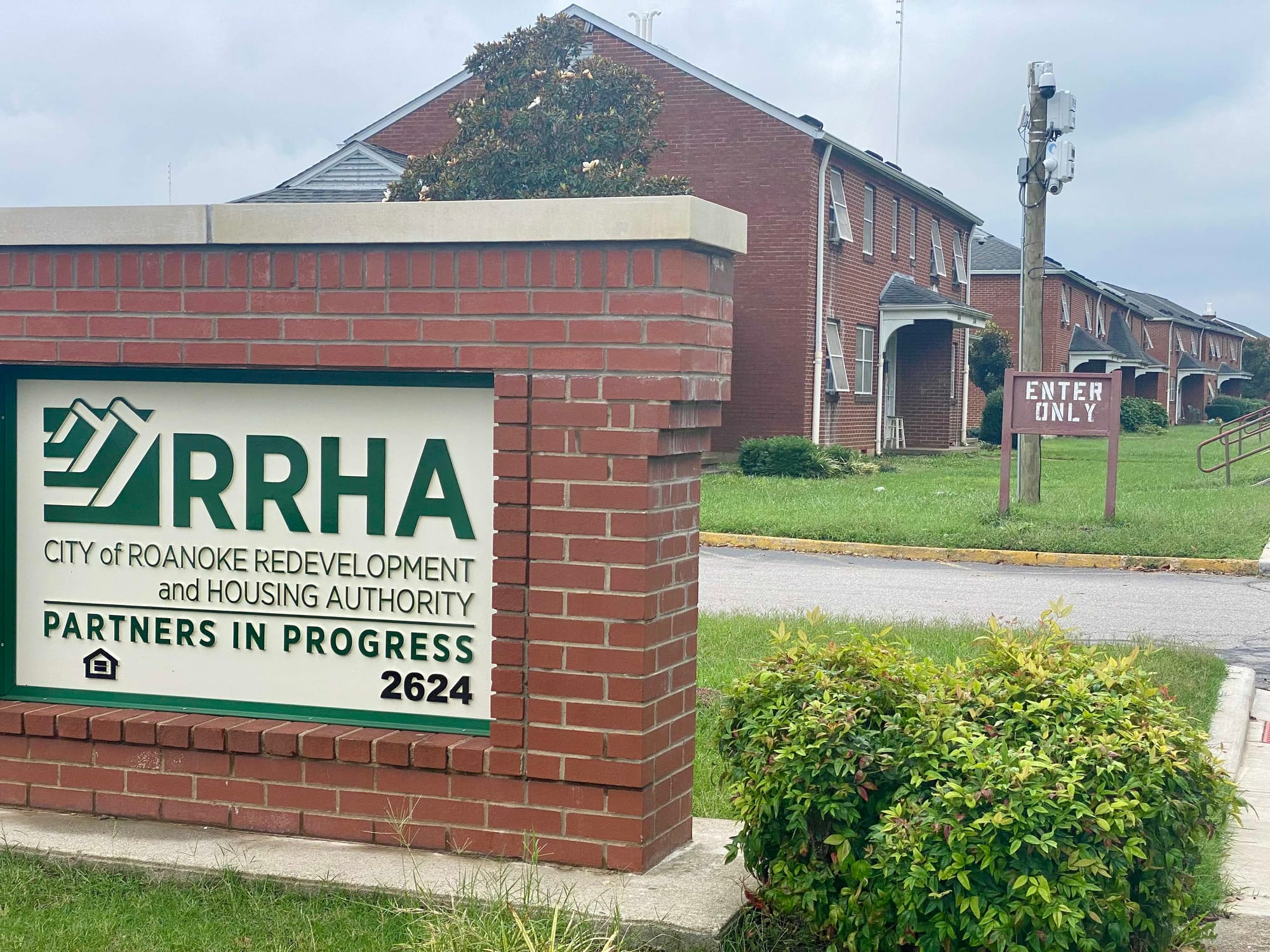Roanoke Housing Authority Pauses New Section 8 Vouchers Amid High Rent Prices
It may take months until 100 families can secure housing through the voucher program, more commonly known as Section 8.

Skyrocketing rent prices forced Roanoke’s public housing authority last week to pause its housing voucher program for the first time in a decade.
It may take months until 100 families can secure housing through the voucher program, more commonly known as Section 8, according to David Bustamante, executive director of the Roanoke Redevelopment and Housing Authority.
“We had a niche of landlords that accepted our payment standards and worked with us,” Bustamante said. “But after the pandemic, it seemed as though those units now became open for competition with individuals that had full time jobs that just needed a place to live.”
Roanoke’s voucher program is now considered in shortfall, and is awaiting about $1.4 million from the U.S. Department of Housing and Urban Development (HUD) before it can continue, according to Bustamante. The program’s budget has been about $16 million annually.
In the program, a low-income family pays 30 percent of their income toward rent, and the housing authority covers the remaining cost, but only up to certain thresholds. As of this month, Roanoke’s authority capped those at $995 for a one-bedroom and $1,198 for a two-bedroom apartment.
It’s not unusual for public housing authorities to face this predicament in any given year, said Richard Monocchio, principal deputy assistant secretary of HUD's Office of Public and Indian Housing.
“The housing authority has been aggressively leasing its vouchers,” Monocchio said. “The cost for vouchers have gone up because rents have gone up.”
In recent years, with rising inflation and maintenance costs, more landlords have turned to renters who can afford increased leases, according to Bustamante.
“Some of our landlords, I'm not going to say a lot, but some of them called and said, ‘Hey, David, listen, if I can make an extra $1,000, I'm sorry, but I'm gonna have to go with the extra $1,000. Can you guys meet that amount?’” he said. “And we couldn't meet that increase.”
There are 1,834 families who currently lease private housing through the voucher program. They’ll continue to get financial assistance through the housing authority.
But roughly another 100 families with vouchers in hand won’t be able to benefit just yet. The housing authority is encouraging them to continue looking for a place to live in case funding comes through quickly but not to sign any lease.
Demand for such subsidized housing in Roanoke is high.
About 4,300 individuals remain on a waitlist for Section 8 vouchers, according to Bustmante. In the last two years, the authority granted vouchers to about 200 individuals.
Bustmanate said the last time Roanoke faced a shortfall in the voucher program was around 2015. He estimated it could take anywhere from four to eight months before the issue is resolved.
Monocchio said Roanoke is not too far above its leasing threshold, so he predicted the authority may be able to continue leasing “within a few months.”
Roanoke is on a list of several dozen housing authorities across the country that have exceeded their annual budget for the program, which will allow it to get relief sooner.
“In order to make sure that everybody in the country can stay housed and that housing authorities can continue leasing as quickly as possible, we shift some of the funds,” he said. “This year, I will say, that there's a particular stress on the budget, because the cost per unit has gone up.”

